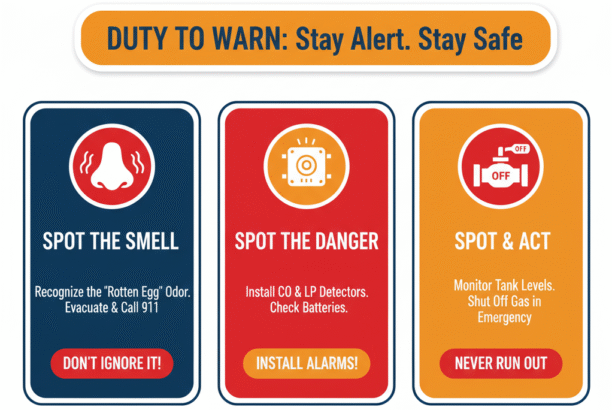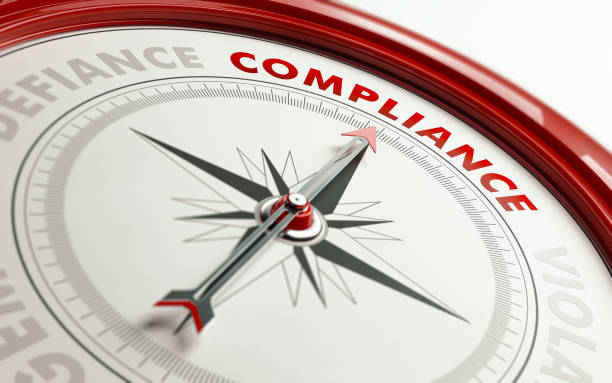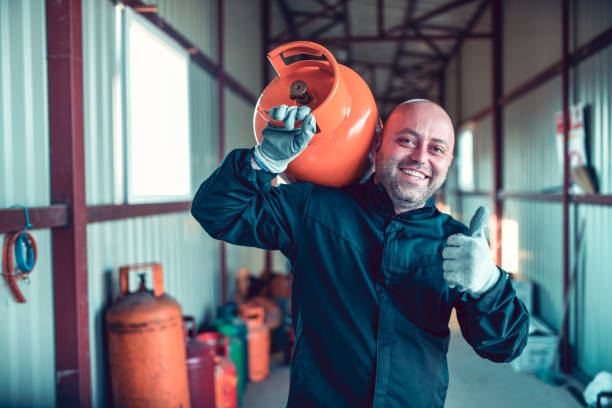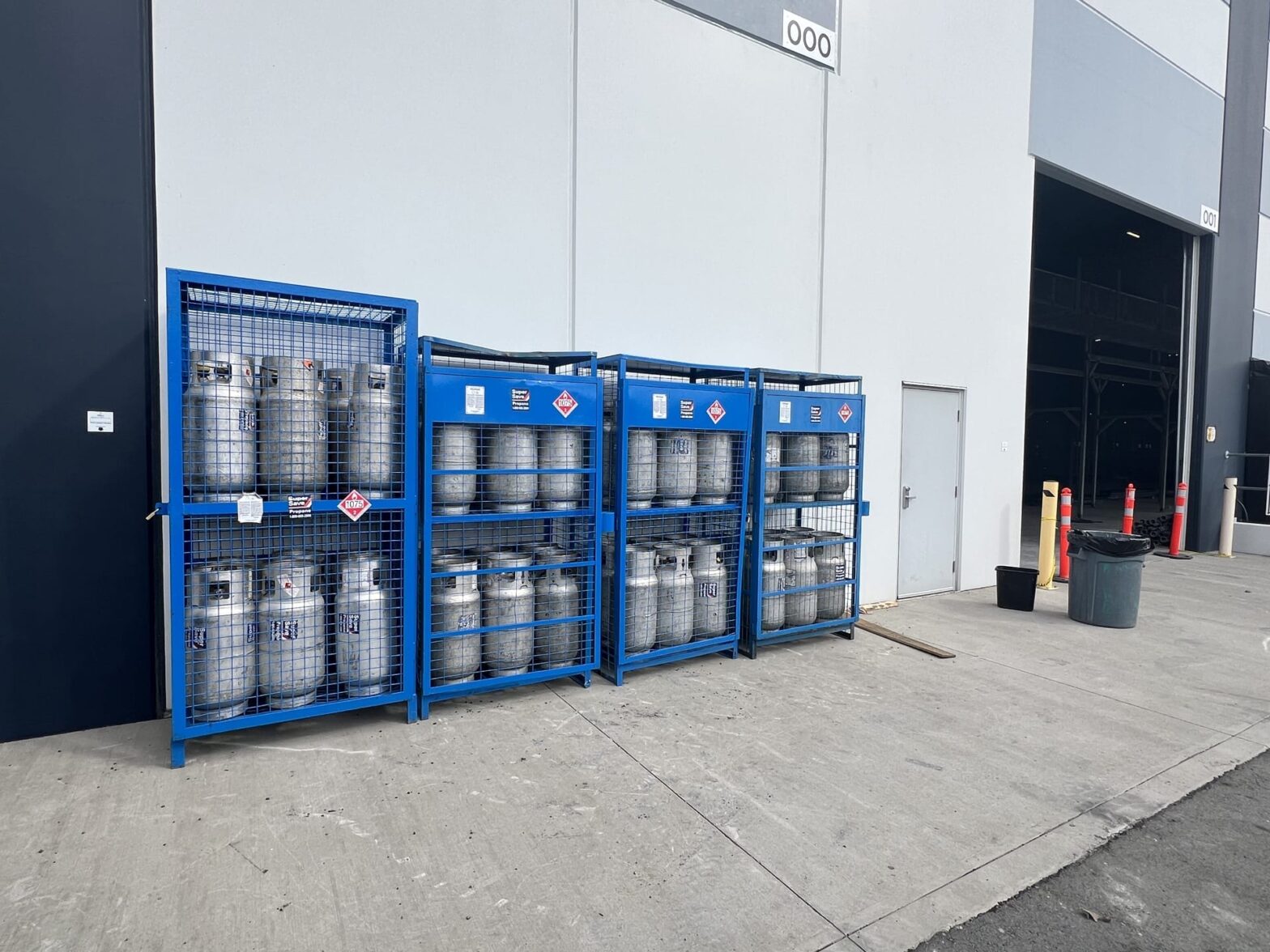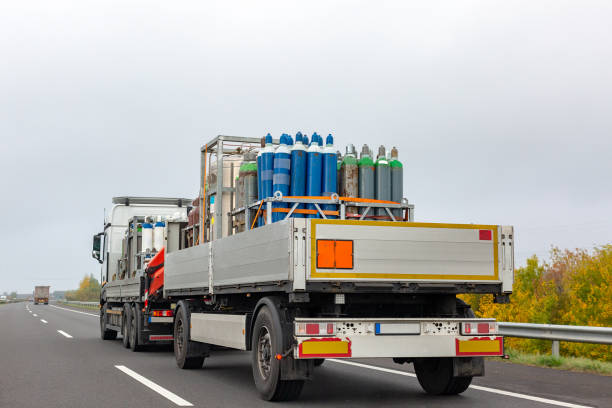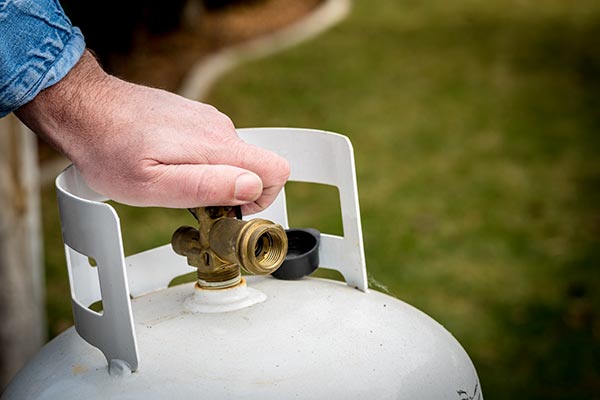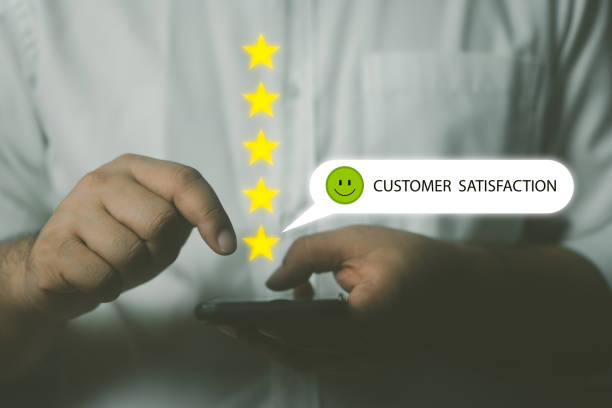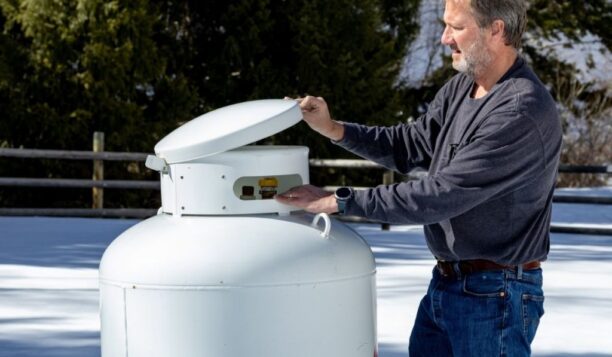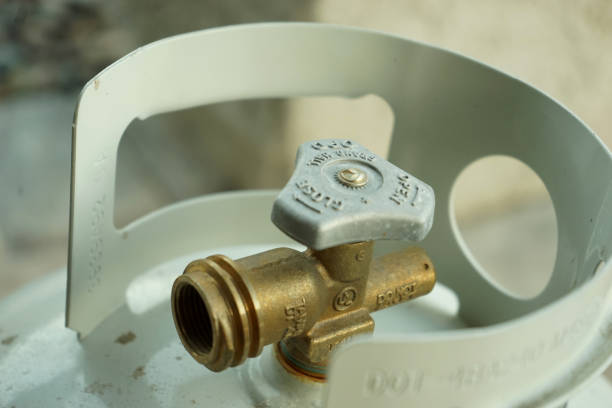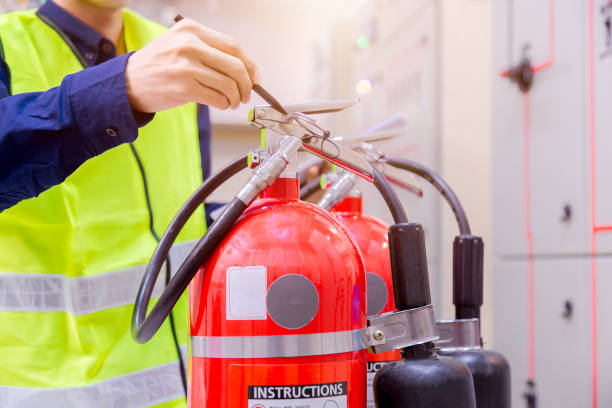Strengthening Customer Trust Through Duty to Warn
In the propane industry, trust is built through consistency, safety, and transparency. While many safety practices happen behind the scenes, one of the most visible and reassuring forms of communication is the annual Duty to Warn mailing from propane dealers — a clear reminder to customers that their safety truly matters. More Than Compliance Every… Continue reading Strengthening Customer Trust Through Duty to Warn

